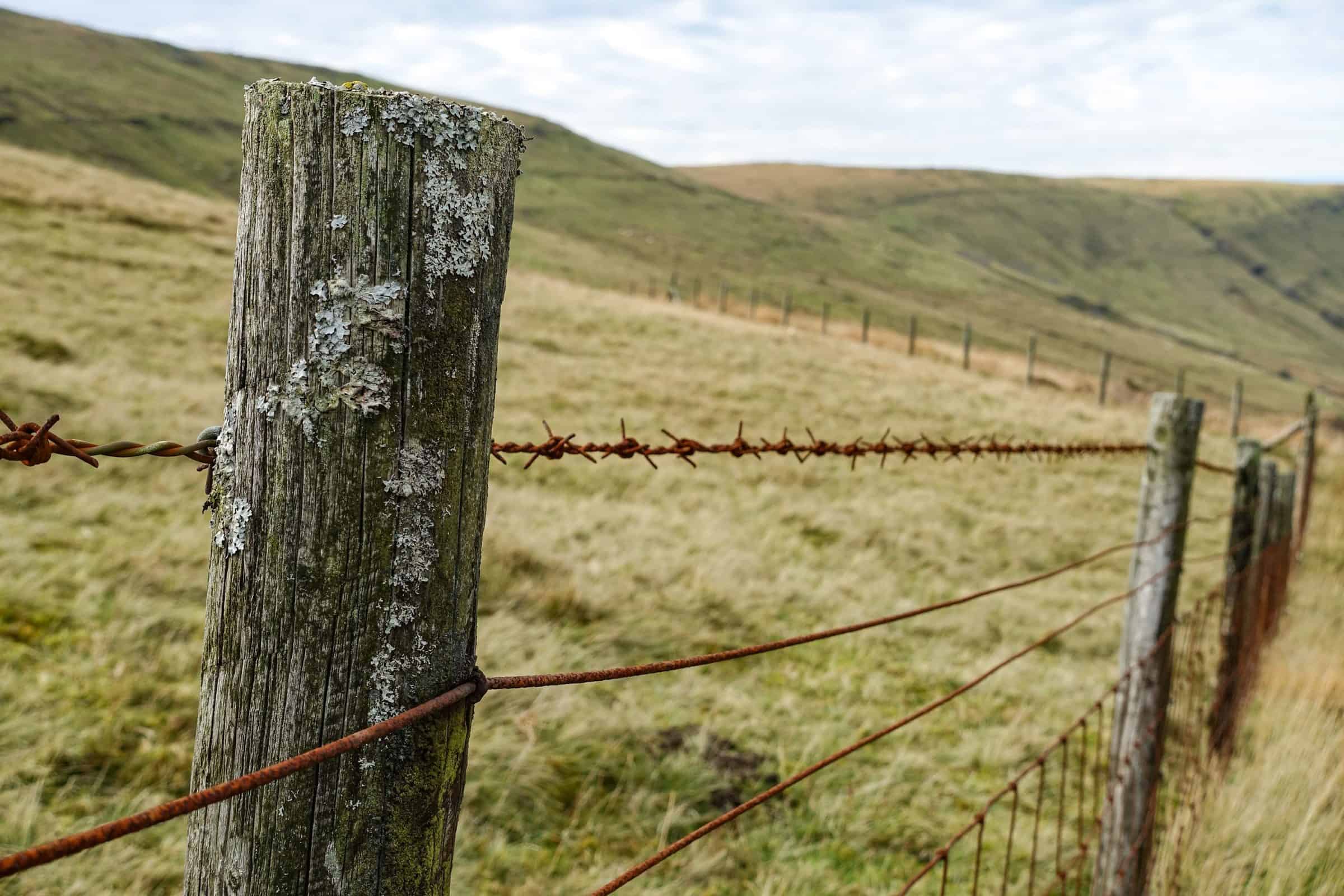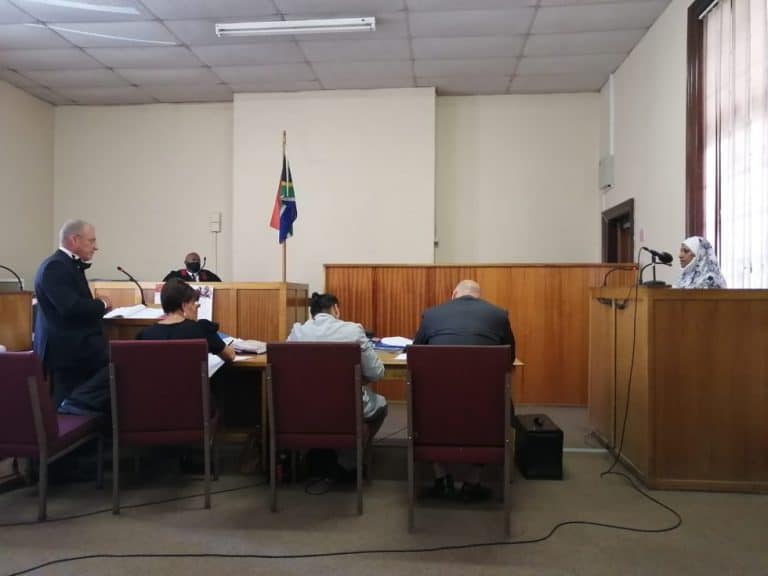Border collapse demands urgent attention and empowered communities
AfriForum emphasises the need to urgently address the complete collapse of border control in the country. This crisis poses a direct threat to national security, the economy and the safety of law-abiding citizens.
Recent reports and presentations to parliament have once again confirmed what communities near borderlines have known and lived with for years: The borders of South Africa are wide open and criminal syndicates are exploiting this daily.
The parliament’s own Portfolio Committee on Home Affairs recently expressed “deep concern” over the continued underfunding of the Border Management Authority (BMA), warning that this undermines the BMA’s ability to fulfil its mandate. Alarmingly, even basic safeguards like lifestyle audits for border officials remain unfunded – leaving critical posts of national security vulnerable to corruption and organised crime.
Meanwhile, in just three months since April this year, over 100 stolen South African vehicles have been smuggled across the Kosi Bay border into Mozambique – and those are just the ones that were recovered. Information from Limpopo confirms that up to six vehicles per day are driven across the Limpopo River into Zimbabwe by criminal syndicates. Add to this the smuggling of drugs, explosives, firearms, counterfeit goods and even people – and it is clear that South Africa’s borders are in total collapse.
“Communities are carrying the burden of a broken state and nowhere is this more evident than along our borders. The fact that border fences are gone, surveillance is minimal and syndicates operate openly, shows that the state has lost control. It is time for local communities to be empowered to help reclaim South Africa’s sovereignty,” says Jacques Broodryk, AfriForum’s Chief Spokesperson for Community Safety.
AfriForum reiterates its call for the urgent formalisation of partnerships between community safety structures and law enforcement agencies. AfriForum’s neighbourhood and farm watch structures, many of which operate in vulnerable border areas, have proven their value in assisting with information, patrolling, vehicle recoveries and early warnings.
Top-down, state-controlled border strategies will not succeed unless the people who live near these borderlines are empowered as active partners. According to AfriForum, the government must facilitate decentralised cooperation by:
- providing formalised operational support to community safety groups in border regions;
- ensuring real-time information sharing between law enforcement and civil patrols;
- deploying the South African National Defence Force in meaningful strength – not symbolic presence – along high-risk zones;
- restoring border infrastructure, including fencing and surveillance equipment immediately; and
- drastically increasing anti-corruption efforts, including fully funded lifestyle audits for all BMA and Department of Home Affairs officials.
The cost of doing nothing is already astronomical. Dr. Pieter Groenewald, Minister of Correctional Services, pointed out that South African taxpayers are spending R11,1 million per day to detain just over 24 000 foreign nationals. These are funds that could be invested in border infrastructure and local development.
South Africa cannot claim to be sovereign while its borders remain open to criminal syndicates, smugglers and corrupt officials. A state that cannot protect its borders cannot protect its people. AfriForum therefore demands immediate, transparent and inclusive action to secure the country’s borders — not in another five years, but now.
AfriForum stands ready to work with the state, municipalities and private stakeholders to bring safety and accountability to the borderlines of South Africa. The organisation will not sit by while the country’s sovereignty is surrendered one illegal crossing at a time.











